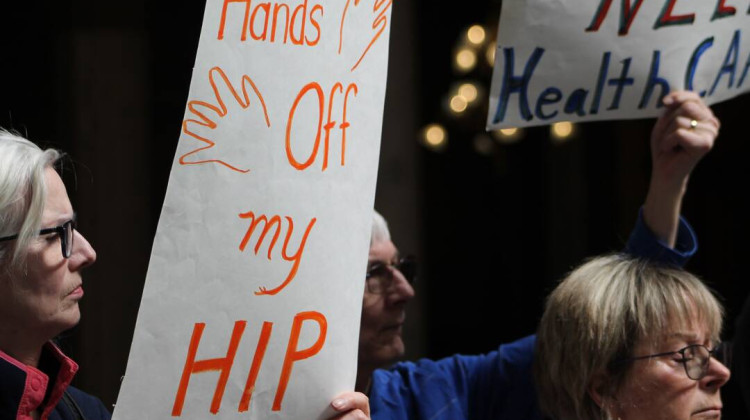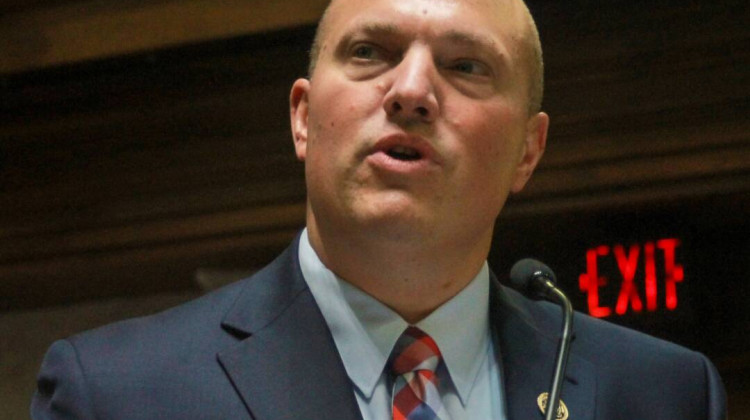
Preliminary findings of an Indiana State Department of Health study highlight a link between the state’s high infant mortality rate and the drug epidemic.
stock photoPreliminary findings of an Indiana State Department of Health study highlight a link between the state’s high infant mortality rate and the drug epidemic.
Indiana has one of the worst infant mortality rates in the country, with around seven out of every 1,000 infants dying before their first birthday.
Since 2016, the state health department has been testing umbilical cord samples of at-risk infants – babies born to mothers with a history of drug use or those who show symptoms of use.
Since the beginning of 2017, 16 percent of infants in the study tested positive for opioids and nearly 20 percent tested positive for cannabinoids.
State Health Commissioner Kristina Box says Indiana’s opioid epidemic is contributing to the state’s infant mortality rate.
“Nationally, we’ve ranked in the 10 worst states for the last 50 years for infant mortality. So, NAS, or substance use disorder in pregnancy is just another contributing factor that we need to address,” Box says.
For example, during a presentation to the Commission on Improving the Status of Children, ISDH maternal and child health director Martha Allen says while examining six recent sudden infant deaths, four had opioids in the home.
“The opioid epidemic is impacting everything that we do in public health,” Allen says.
Box says the best practice is early intervention for addicted mothers.
“So that we can, just like any other disease any chronic disease, treat that starting early in the pregnancy and then continue after that,” she says.
Indiana does not have universal drug screening for all mothers and newborns. Allen says if an infant shows symptoms of drug exposure after they’re discharged from a hospital, they might not receive the care they need.
 DONATE
DONATE








 Support WFYI. We can't do it without you.
Support WFYI. We can't do it without you.